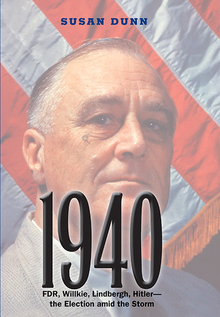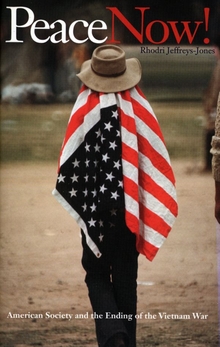The Rise of American Air Power
WARNING
You are viewing an older version of the Yalebooks website. Please visit out new website with more updated information and a better user experience: https://www.yalebooks.com
The Creation of Armageddon
Michael S. Sherry
The Bancroft Prize-winning history of American strategic bombing
"Sherry has given us more than just a major contribution to the literature about air power and World War Two. His real subject is nothing less than the destructiveness of our modern age."—John W. Dower, author of War Without Mercy: Race and Power in the Pacific War
This book offers an in-depth history of American strategic bombing. With impressive sweep and vigor, Michael S. Sherry explores the growing appear of air power in America before World War II, the ideas, techniques, personalities, and organizations that guided air attacks during the war, and the devastating effects of American and British "conventional" bombing. He also traces the origins of the dangerous illusion that the bombing of cities would be so horrific that nations would not dare let it occur—an illusion that has sanctioned the growth of nuclear arsenals. His book is a major contribution to American military, intellectual, and political history.
"Sherry boldly argues that modern air power has been a 'dagger of the mind,' a thing of the imagination out ahead of the technology, determining how that technology would develop, at least as much as technical developments established their own priorities. . . . Sherry describes the course of the war in brilliant detail as a tug of war between what it was felt planes should do and what, at any moment, they could do."—Garry Wills, New York Review of Books
"Provocative, complex, probing."—Choice
"A big, heroic and chilling story, and Michael Sherry tells it with style, controlled passion, and analytical sophistication. This book is the best kind of strategic history. It weaves together all the relevant strands: the policy-makers, the cultural factors, bureaucratic pressures, sociological dimensions, technological influences and much more, in addition to the fighting men and their battles."—Ken Booth, International Affairs
"In this provocative and well-written book, Sherry examines the morality of bombing. He argues that the widespread death and destruction brought about by bombing often bore little relationship to strategic objectives: air power was used because it was there. . . . His analysis of the evolution of air power commands attention. His treatment of the interwar years adds a great deal to our understanding of this formative period. Also, he brings a fresh and challenging perspective to wartime decisions about bombing."—William M. Leary, Georgia Historical Quarterly
"He masterfully combines elements of biography, social history, military doctrine, and interesting detail to construct a long interpretative essay tracing and explaining the evolution of United States air power. . . . A major contribution to our continual and frustrating attempts to understand the perplexing problem of using air power as an instrument of war."—Harry R. Borowski, Journal of American History
Publication Date: September 10, 1989
25 b/w illus.









